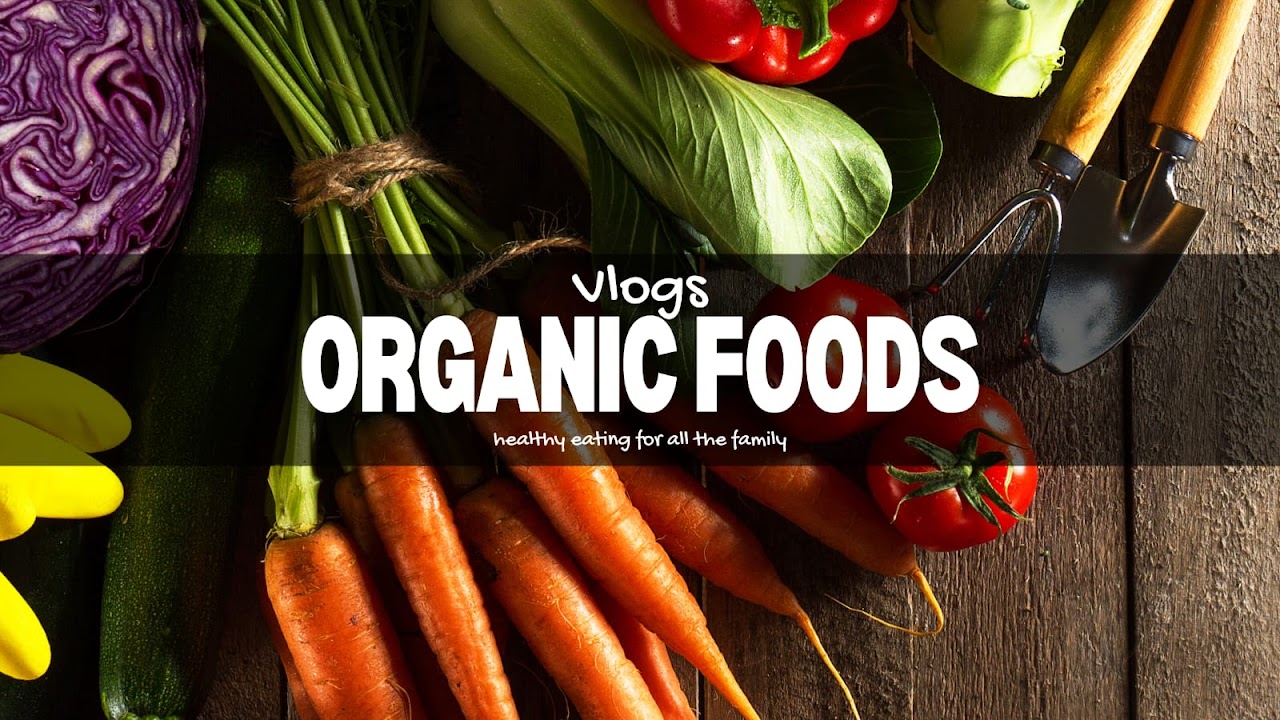Summer in India is synonymous with sweltering heat, but it also brings an array of delicious and refreshing fruits. These seasonal delights not only help you cool down but are also packed with essential nutrients. Here’s a guide to the best summer fruits in India, perfect for boosting your health and tantalizing your taste buds.
Mango: The King of Fruits
No discussion about summer fruits in India is complete without mentioning the mango. Revered as the "King of Fruits King of Fruits," mangoes come in numerous varieties like Alphonso, Dasheri, and Langra. Bursting with flavor, they are rich in vitamins A and C, aiding in skin health and immunity.
Health Benefits of Mangoes:
- Boosts Immunity: High in vitamin C and antioxidants.
- Improves Digestion: Contains dietary fiber.
- Promotes Skin Health: Rich in vitamin A and beta-carotene.
Watermelon: Nature's Hydration Pack
Watermelon is a quintessential summer fruit, with its high water content providing much-needed hydration. It’s a fantastic source of vitamins A, B6, and C, as well as antioxidants like lycopene.
Health Benefits of Watermelon:
- Hydrates the Body: Composed of 92% water.
- Reduces Inflammation: Contains antioxidants that combat inflammation.
- Supports Heart Health: Lycopene helps in lowering blood pressure.
Lychee: The Exotic Delight
Lychee, with its juicy and fragrant flesh, is a summer favorite. This tropical fruit is not just delicious but also packed with vitamins, antioxidants, and minerals.
Health Benefits of Lychee:
- Boosts Immunity: High in vitamin C.
- Aids Digestion: Rich in dietary fiber.
- Enhances Blood Circulation: Contains copper and iron.
Papaya: The Digestive Wonder
Papaya is a versatile fruit enjoyed in various forms – ripe, raw, or as juice. It is rich in vitamin C, fiber, and the enzyme papain, which aids in digestion.
Health Benefits of Papaya:
- Improves Digestion: Papain enzyme breaks down proteins.
- Enhances Skin Health: Contains vitamin A and antioxidants.
- Supports Vision: Rich in vitamin A and beta-carotene.

Pineapple: The Tropical Powerhouse
Pineapple is another summer fruit that packs a punch with its tangy-sweet flavor. It’s loaded with vitamins, enzymes, and antioxidants.
Health Benefits of Pineapple:
- Aids Digestion: Contains bromelain, an enzyme that helps in digestion.
- Reduces Inflammation: Bromelain also has anti-inflammatory properties.
- Strengthens Bones: High in manganese.
Jackfruit: The Nutrient-Rich Giant
Jackfruit is known for its size and nutritional benefits. It is rich in vitamins A, C, and B-complex, along with minerals like potassium, magnesium, and iron.
Health Benefits of Jackfruit:
- Boosts Immunity: Rich in vitamin C.
- Improves Energy Levels: Contains complex carbohydrates.
- Promotes Skin Health: High in antioxidants.
Jamun: The Indian Blackberry
Jamun, or Indian blackberry, is a small, dark purple fruit with a unique sweet and sour taste. It is rich in vitamins A and C, calcium, and iron.
Health Benefits of Jamun:
- Regulates Blood Sugar: Beneficial for diabetics.
- Improves Digestion: High in fiber.
- Enhances Oral Health: Has antibacterial properties.
Figs: The Sweet Nutrient Bomb
Figs are not just delicious but also incredibly nutritious. They are a great source of fiber, vitamins, and minerals like calcium and potassium.
Health Benefits of Figs:
- Supports Digestive Health: High in dietary fiber.
- Promotes Bone Health: Contains calcium and potassium.
- Regulates Blood Sugar Levels: Low glycemic index.
Conclusion
Summer in India is the perfect time to indulge in these seasonal fruits, each offering unique flavors and health benefits. Incorporating these fruits into your diet can help you stay cool, hydrated, and healthy throughout the hot months. So, the next time you visit your local market, make sure to stock up on these delightful summer fruits and enjoy the best that the season has to offer.
By savoring these fruits, not only do you beat the heat, but you also nourish your body with essential vitamins and minerals. Celebrate the bounty of Indian summers with these refreshing and nutritious fruits!













